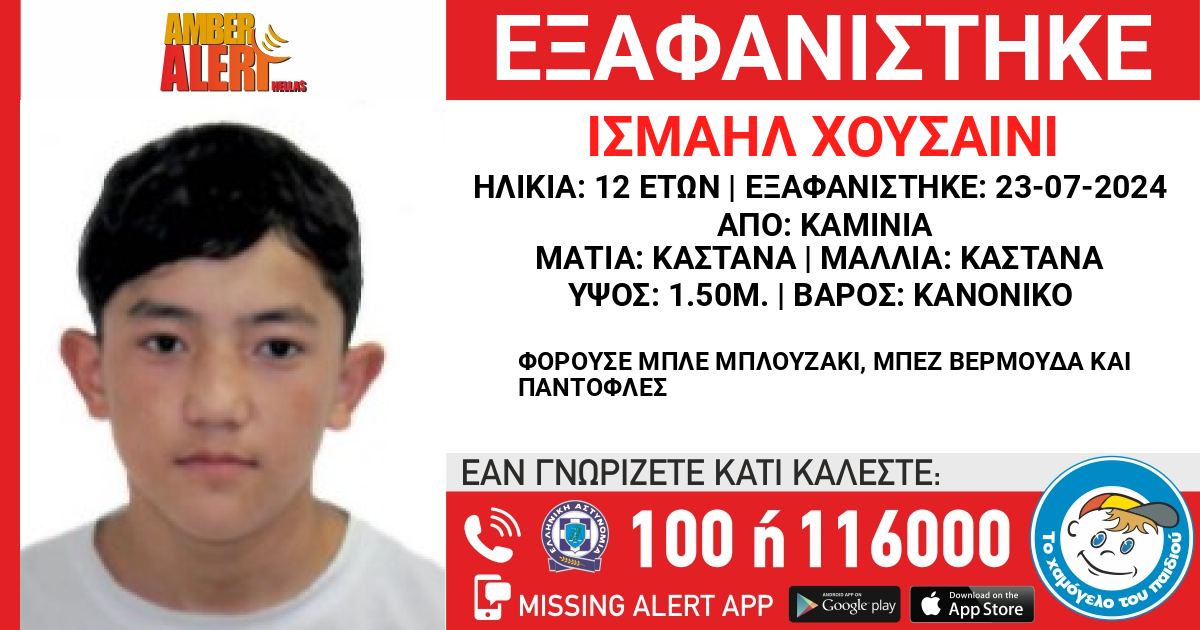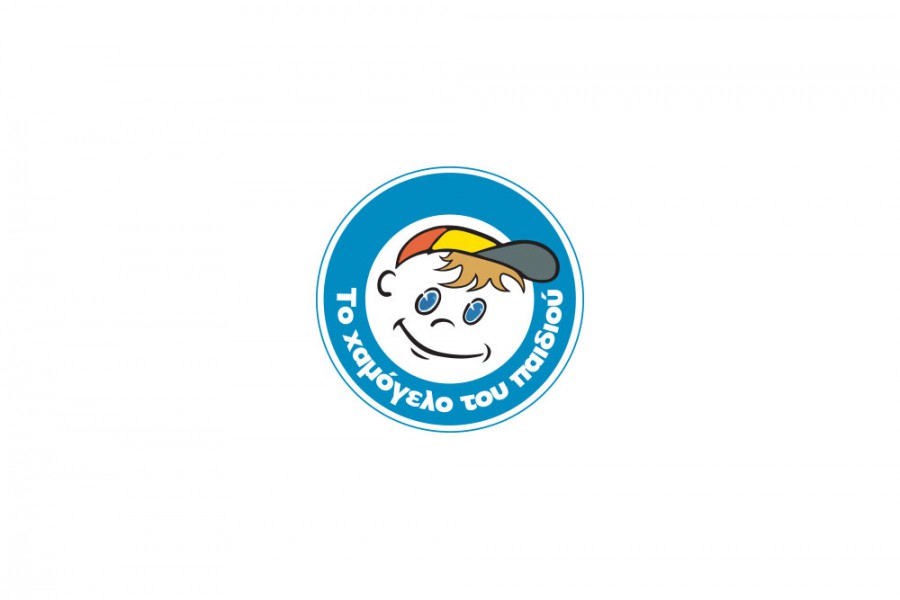Kids’ playing
During the summer children have much more free time to play. Making a right choice on the type of games will help shape up the personality of your child. This is because games work as a means to stimulate children`s imagination and also helps them to structure their social life. Through playing the child explores its body and its relationships with its parents, peers and the world around him. Games and playing help children build up their social skills and ways of thinking, teach them how to deal with their feelings, improve their physical skills and discover themselves and what they are capable of.
Consequently, it is important to choose toys that advance children’s creativity and imagination and not just those being advertised or seem to be in fashion. Another factor to be considered when choosing toys is the age of your child.
Babies usually prefer cuddling toys, stuffed animals or soft plastic toys of bright colors and play music when squeezed.
Preschool children usually like picture books, assembled toys, building sets and blocks, little cars and motorcycles, toys in general helping them to develop initiative and creativity. It is, therefore, quite essential during the summer holidays, to let children explore their surrounding while at the beach, build sand castles and closely examine and play with such things as pebbles and seashells.
Schoolchildren prefer board games, handicraft sets and computer games. Computer games develop the cognitive abilities of a child such as attention, concentration, memory, creative thinking and also help in building up self-esteem and extend socialization. On the other hand, it may increase aggressiveness when kids play games of violent nature. It may be safer to organize activities, even excursions where other families are also involved. A good choice might be toys that contain no violence or, even, have historical content and provide knowledge.
Finally, teenagers tend to prefer competitive games that test their skills and abilities against their peers.
Your presence while the children are playing and participating by making targeted questions may filter knowledge and broaden the comprehension children gain in each game.




